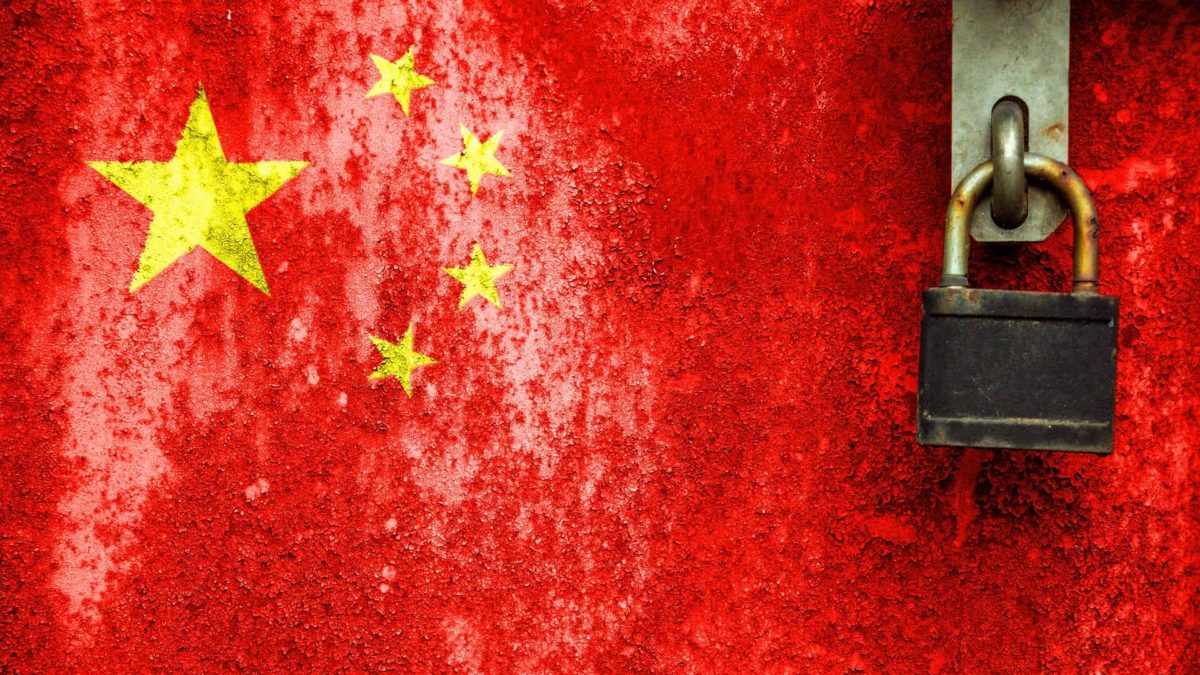China shares have been a hot topic for investors over the past month. One of the most popular stocks is Tencent Holdings Ltd (SEHK: 0700), which is currently valued at about A$744 billion.
There are, however, some risks that come with investing in China shares like Tencent. One such risk is government intervention – something that Magellan Financial Group Ltd (ASX: MFG) chairman Hamish Douglass is well accustomed to.
The esteemed fund manager's Global fund counted Chinese tech titans Alibaba Group Holdings (NYSE: BABA) and Tencent as its sixth and eighth-largest holdings. At the end of June, the two companies combined made up 9.3% of the fund's allocation.
Dark cloud of uncertainty
If there is one thing investors don't like, it's uncertainty. The more unknown and uncontrollable variables, typically the more risk. In the case of companies at the peril of China state intervention, this risk has been manifested into reality more recently.
Earlier in the week, shares in Tencent tumbled as a state-owned newspaper described video games as "spiritual opium". The remarks prompted Tencent shareholder concern about tighter regulations on the industry. Indeed, investors shot first and asked questions later as shares in the China-based company swiftly fell more than 10% on the news.
However, Tencent is not alone in its receipt of capitalistic criticisms recently. July bared witness to the demolition of the newly listed ride-sharing company, DiDi. The part celebratory listing antics were short-lived with China bringing down the hammer on the company over alleged customer data misuse.
Fuelling further fears, the Chinese government then went on to announce a crackdown on for-profit tutoring companies. A move said to be an effort in getting a hold on the increasing costs of education in the country.
Long-term vision for China shares
While the pressure mounted against Mr Douglass and his fund's large weighting towards such investments, the prolific investor remained steadfast to his thesis. Specifically, Douglass continues to be optimistic about the lifting of Chinese middle-class incomes for the next 20 years.
A message that investing great Ray Dalio seems to also be reverberating. In a recent LinkedIn post, Dalio said:
To understand what's going on you need to understand that China is a state capitalist system, which means that the state runs capitalism to serve the interests of most people and that policymakers won't let the sensitivities of those in the capital markets and rich capitalists stand in the way of doing what they believe is best for the most people of the country.







